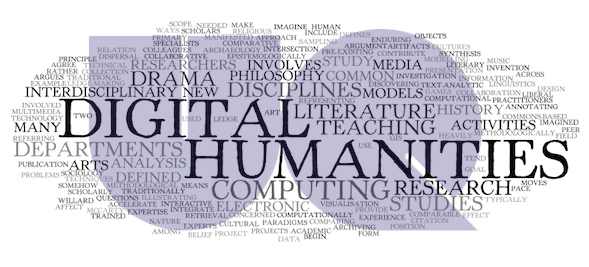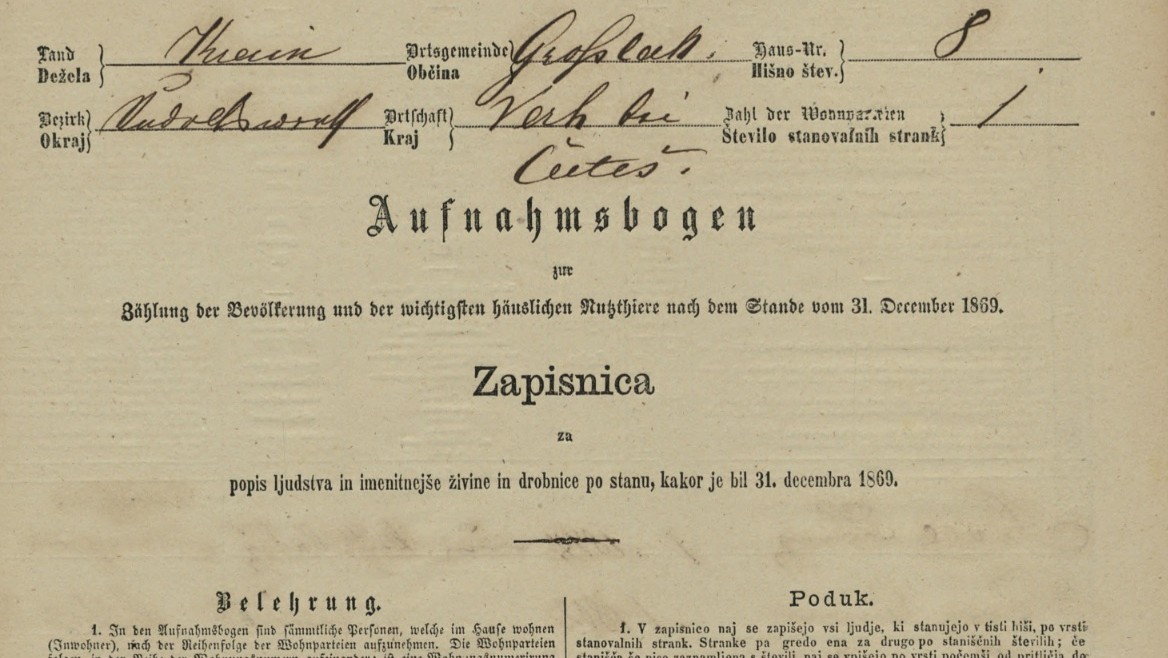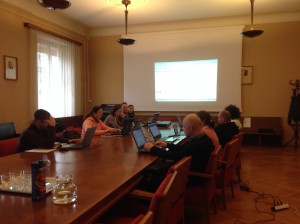Copyright in digital world
In the time when digital technology and global communication network enable rapid reproduction and dissemination of all sorts of content, significant progress of the “knowledge society” is expected, especially because of the new possibilities to offer content online with the goal to create and disseminate knowledge.
But we run into troubles very quickly. Technology enables almost everything, while the law prohibits almost everything.
How do memory institutions cope with that problem? Which modern services can they offer to serve their goals?
That was the topic of the first workshop on copyright on 18th December 2012, led by dr. Maja Bogataj Jančič.
A vast quantity of questions crossed our minds at the first workshop, that is why dr. Maja Bogataj Jančič tried to answer 20 practical questions, which are common in our daily working routine. Workshop was organised on 17. July 2013 in the entrance hall of Scientific Research Centre of the Slovenian Academy of Sciences and Art.
Open Access – presentation
The presentation on Open Access of the results of public financed research took place at the Instiute of the Contemporary History. It was organised under the aegis of national initiative DARIAH-SI in organisation of Institute of the Contemporary History and Scientific research centre of the Slovenian Academy of Science and Art.
Open Access of the peer-reviewed publications and research data: provisions of the financers and practical implementation
By clicking on the name of each presenter, a Powerpoint presentation opens, while a videotape can be accessed by clicking on each individual title of the presentation.
PETRA TRAMTE: Activities of the European Commission and Slovenia
MOJCA KOTAR: Open Access of peer-reviewed publications
JANEZ ŠTEBE and ANDREJ PANČUR: Reasons for Open Access to research data: policies, principles and benefits
Presentation was the first in the series of activities in the time of public debate in the proccess of adaptation of the National strategy of open access to scientific publications and research data in Slovenia 2015-2020. Next event was organised by the Ministry of Education, Science and Sport, National and University Library, Central Technological Library at the University of Ljubljana and The University of Maribor Library on 20th of May 2015, titled Practical points of view in Open Access.
National strategy of open access to scientific publications and research data in Slovenia 2015-2020 was adopted by the Slovenian government on 3rd of September 2015.

TEI text mark-up in MS Word
After well visited workshop on digital humanities (XML-TEI mark-up language in Humanities) a practical workshop followed in organisation of DARIAH-SI. The workshop took place on the December 4th 2014.
Workshop was organised for researchers who would like to tag text with some basic TEI mark-ups (http://www.tei-c.org/index.xml), but are not familiar with XML mark-up language.
Andrej Pančur, who led the workshop, has presented:
- OxGarage – as format convertor,
- how to transform a MS Word DOCX document to TEI.
Participants also learned how to:
- edit MS Word document to get an optimal mark-up conversion to TEI document
- add new TEI marks by designating new MS Word.
In the final phase of the workshop followed a presentation of the DOCX to TEI to HTML converter custom made for the needs of Slovenian DH community (http://nl.ijs.si/tei/convert/).
Workshop was based on the practical user cases on available MS Word documents.

Presentation of online module Population Censuses of Slovenia 1830-1931
Andrej Pančur presented an online environment for digitised population censuses of Slovenia (1830-1931), which are one of the largest modules of the History of Slovenia-SIstory portal and important part of the national DH browser SI-DIH. Originally are this valuable archival sources part of the collections of the Ljubljana Historical Archive.
Pančur used practical cases to present different tools for browsing through population censuses data, newly developed transcription tools, which enable crowdsourcing and presented future development plans.

